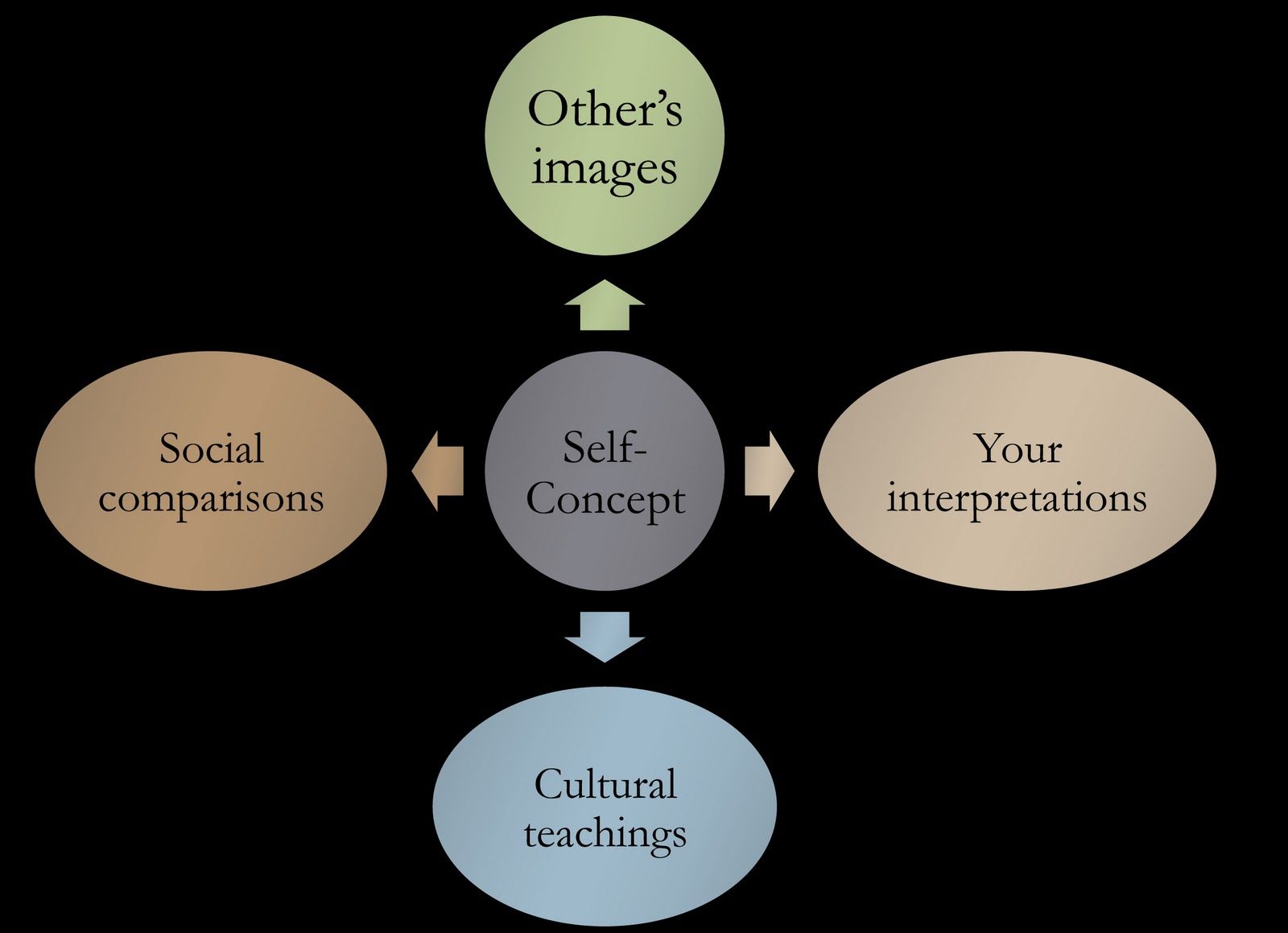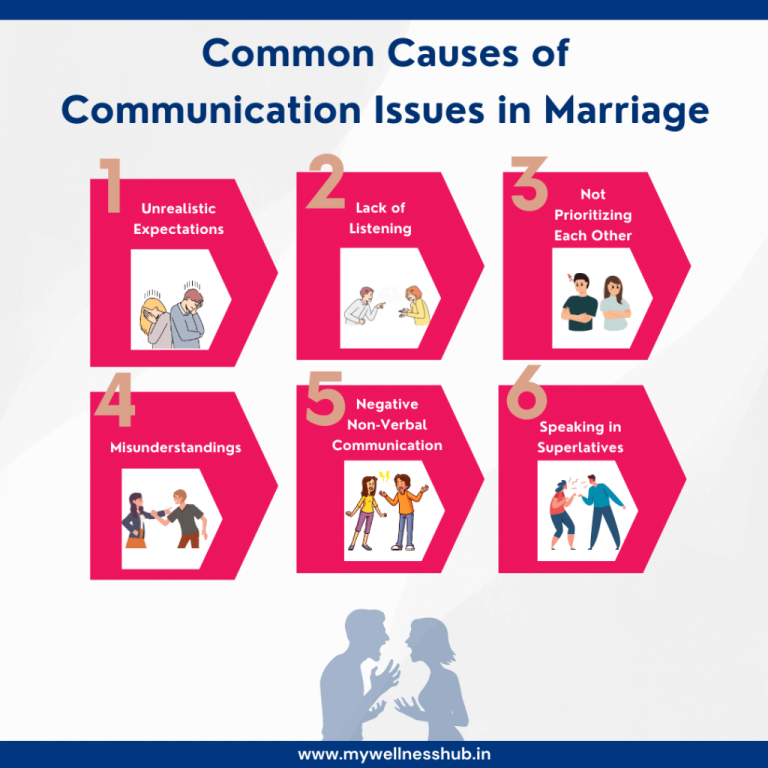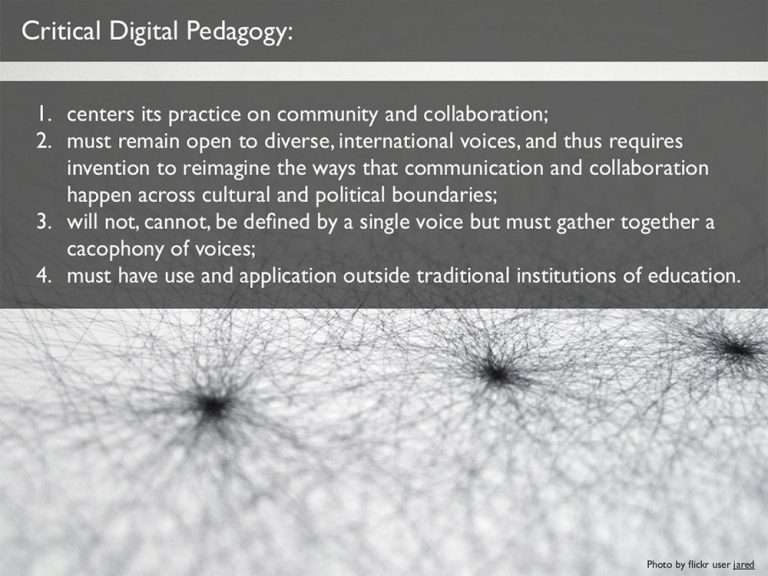How Does Self-Concept Affect Communication
Self-concept affects communication by influencing the way individuals perceive and express themselves, ultimately shaping their interactions and relationships with others. This can impact the clarity, confidence, and effectiveness of communication, as self-concept influences factors such as self-esteem, self-image, and self-worth, which can directly affect how individuals communicate their thoughts and emotions.
Understanding one’s self-concept and addressing any negative or distorted beliefs can lead to more authentic and effective communication.
The Connection Between Self-Concept And Communication
Self-concept, the way individuals perceive themselves, plays a crucial role in communication. It directly affects how people interact with others, forming the foundation for their interpersonal connections. Verbal and non-verbal communication styles are greatly influenced by one’s self-concept, shaping the way they express themselves and interpret others’ messages.
An individual’s self-perception strongly affects their ability to resolve conflicts effectively. When someone has a positive self-concept, they are more likely to communicate assertively and constructively during disagreements. On the other hand, individuals with a negative self-concept may struggle to express their opinions and emotions openly, leading to communication breakdowns.
By understanding the relationship between self-concept and communication, individuals can enhance their interpersonal connections and develop effective conflict resolution skills.
The Formation And Development Of Self-Concept
Our self-concept heavily influences how we communicate with others. It is formed and developed over time, shaped by various factors. One such factor is the social environment we are exposed to, which includes our family, friends, and social norms. Our cultural background also plays a significant role in shaping our self-concept, as it influences our values, beliefs, and behaviors.
Additionally, personal experiences, both positive and negative, contribute to how we see ourselves and therefore affect our communication. Self-concept begins to form in childhood, as we receive feedback from our caregivers and peers. As we enter adolescence, our self-concept becomes more complex and is influenced by societal expectations.
Finally, in adulthood, our self-concept continues to evolve based on our achievements, relationships, and life experiences. Understanding how self-concept affects communication is crucial for building and maintaining healthy relationships.
Self-Concept And Effective Communication Strategies
Communication is greatly influenced by our self-concept. Effective communication strategies involve building a positive self-concept, enhancing self-esteem, and embracing individuality. We should celebrate our strengths and accomplishments, which helps overcome negative self-concept and challenges self-doubt. Addressing insecurities is crucial in promoting self-acceptance.
By nurturing a positive self-concept, we can improve our communication skills and foster healthy relationships. Developing a strong sense of self allows us to express our thoughts and feelings confidently, promoting effective communication with others. Embracing our unique qualities and acknowledging our achievements helps us communicate authentically and assertively.
It is important to recognize and overcome any negative beliefs or doubts we may have about ourselves. By addressing these aspects, we can enhance our self-concept and improve our communication abilities.
Self-Concept In Different Communication Contexts
Self-concept plays a pivotal role in communication, influencing our interactions in various contexts. In personal relationships, it shapes the development of trust and intimacy. By managing communication challenges effectively, we can nurture emotional connections. In professional settings, self-concept empowers us to communicate with confidence and establish credibility.
Handling professional criticism becomes easier when we have a positive self-concept. It’s important to note that self-concept affects our communication in all aspects of life, from personal to professional relationships. It influences how we perceive ourselves and how others perceive us, ultimately shaping the quality of our interactions.
Developing a strong and healthy self-concept is therefore essential for effective and meaningful communication. So, let’s explore the impact of self-concept on communication in different contexts.
Examples Of Self-Concept In Everyday Communication
Self-concept plays a vital role in everyday communication, impacting various aspects of our lives. In parent-child interactions, self-concept influences how we express ourselves and understand our children’s needs, shaping the dynamics of our relationships. In romantic relationships, self-concept affects our ability to communicate desires, emotions, and concerns, in turn influencing the overall quality and satisfaction of the partnership.
In the workplace, individuals’ self-concepts influence their communication styles, confidence levels, and teamwork abilities, all of which impact productivity and job satisfaction. Additionally, self-concept influences how we present ourselves and interact with others in online communication platforms, shaping our online persona and the impressions we make.
Understanding how self-concept affects communication enables individuals to develop healthier and more effective interactions across various contexts.

Credit: parents.au.reachout.com
The Impact Of Self-Concept On Communication Barriers
Self-concept plays a crucial role in communication, affecting the formation of barriers that hinder effective interaction. Stereotypes and prejudice can create misunderstandings and inhibit the free flow of ideas. Additionally, fear of rejection can limit individuals from expressing themselves authentically, leading to communication breakdowns.
This apprehension often stems from a lack of confidence in one’s self-image. Overcoming this fear is essential in building stronger connections and fostering open communication. It is important to empower oneself with self-acceptance and self-assurance to break free from the confines of societal judgment.
By understanding and embracing our self-concept, we can bridge the gaps caused by communication barriers and cultivate healthier, more meaningful relationships. Communication is a powerful tool that should not be hindered by limiting self-perceptions.
The Link Between Self-Concept And Emotional Intelligence
One’s self-concept has a significant impact on how they communicate with others. This connection can be seen specifically in the realm of emotional intelligence. Emotion regulation is crucial in maintaining effective communication, as individuals must be able to control their emotions to avoid conflicts or misunderstandings.
Self-awareness plays a vital role in this process, as it allows individuals to recognize and understand their own emotions. Expressing emotions effectively is another aspect of communication affected by self-concept, as individuals with a positive self-image are more likely to express themselves confidently and clearly.
Additionally, empathy and understanding others are enhanced by a healthy self-concept, as individuals who value themselves are more capable of extending compassion and comprehending the emotions of those around them. Overall, self-concept plays a fundamental role in communication, influencing various aspects of emotional intelligence.
Cultivating A Positive Self-Concept For Better Communication
Cultivating a positive self-concept plays a crucial role in effective communication. Self-reflection and self-awareness allow individuals to understand their strengths and weaknesses. Seeking support and feedback from others offers valuable insights for personal growth. Continuous personal growth expands one’s self-concept and enhances communication skills.
Developing confidence and self-esteem enables individuals to express their thoughts and opinions more assertively. Accepting oneself and embracing a positive self-image fosters open and honest communication. By valuing oneself and understanding one’s unique qualities, individuals can better connect and relate with others on a deeper level.
Nurturing a positive self-concept is an ongoing process that contributes to improved communication outcomes and stronger interpersonal relationships.
Frequently Asked Questions On How Does Self-Concept Affect Communication
How Does Self-Concept Influence Communication?
Self-concept has a significant impact on communication. It influences how individuals perceive themselves and how they interact with others. When someone has a positive self-concept, they tend to communicate confidently and assertively. They are more likely to express their thoughts and feelings effectively, which can lead to better relationships and understanding.
On the other hand, individuals with a negative self-concept may struggle with communication. They may be self-conscious, timid, or hesitant in expressing themselves, leading to misunderstandings and difficulties in interpersonal relationships. Understanding and improving one’s self-concept can enhance communication skills, as it allows individuals to develop self-confidence and a positive mindset.
This, in turn, helps them effectively convey their thoughts and emotions, listen actively, and build stronger connections with others.
How Does Self-Concept Impact Communication Effectiveness?
Self-concept greatly affects communication effectiveness. Our perception of ourselves directly influences how we interact with others. A positive self-concept, where we view ourselves favorably, allows for confident and assertive communication. It enables us to express ideas and opinions with clarity and conviction.
Conversely, a negative self-concept can hinder effective communication. It may lead to self-doubt, insecurity, and difficulty in expressing thoughts. Negative self-perception often results in hesitant and indirect communication, making it challenging for others to understand our message. In addition, self-concept affects our ability to listen actively and empathetically.
A positive self-concept fosters openness and willingness to engage in meaningful dialogue. Conversely, a negative self-concept may make us more resistant to other perspectives and less receptive to feedback. Therefore, self-concept plays a crucial role in determining the effectiveness of communication.
What Is The Relationship Between Self-Concept And Communication Skills?
Self-concept and communication skills are closely intertwined. A person’s self-concept, or how they see themselves, plays a significant role in how they communicate with others. When individuals have a positive self-concept, they tend to have better communication skills. This is because they have confidence in themselves and their abilities, allowing them to express their thoughts and ideas effectively.
On the other hand, individuals with low self-esteem may struggle with communication, as they may doubt their worth or fear judgment from others. Developing a healthy self-concept through self-awareness and self-acceptance can improve one’s communication skills. It allows individuals to communicate assertively, listen actively, and effectively convey their messages.
Overall, a positive self-concept is essential for strong communication skills, fostering better interpersonal relationships and success in various aspects of life.
How Does Self Confidence Impact Communication?
Self confidence has a significant impact on communication. It helps individuals express themselves clearly and assertively. Confidence enables people to effectively convey their thoughts and ideas, making their messages more convincing and influential. Confident individuals tend to speak with conviction and assurance, capturing the attention of their audience and inspiring trust.
Moreover, self confidence encourages active listening and engagement in conversations, as individuals feel secure expressing their opinions and asking questions. On the other hand, a lack of self confidence can hinder communication, leading to hesitancy, unclear messages, and difficulties in effectively articulating thoughts.
Consequently, building self confidence is crucial in improving communication skills and fostering meaningful connections with others.
Conclusion
Our self-concept plays a vital role in shaping our communication skills. The way we perceive ourselves influences the way we express our thoughts, feelings, and ideas to others. A positive self-concept fosters clear and confident communication, while a negative self-concept can hinder effective communication.
When we have a healthy self-concept, we are more likely to assert ourselves, listen actively, and communicate empathetically. This builds strong interpersonal relationships and enhances our ability to collaborate and resolve conflicts. On the other hand, a negative self-concept can lead to self-doubt, fear of judgment, and difficulties in expressing oneself.
This can result in misunderstandings, lack of self-advocacy, and strained relationships. It is crucial to nurture and develop our self-concept through self-reflection, self-care, and seeking support if needed. By improving our self-concept, we not only enhance our communication skills but also boost our overall well-being.
So, take the time to reflect on your self-concept and identify areas for improvement. By doing so, you can strengthen your communication skills and cultivate more meaningful connections with others.




